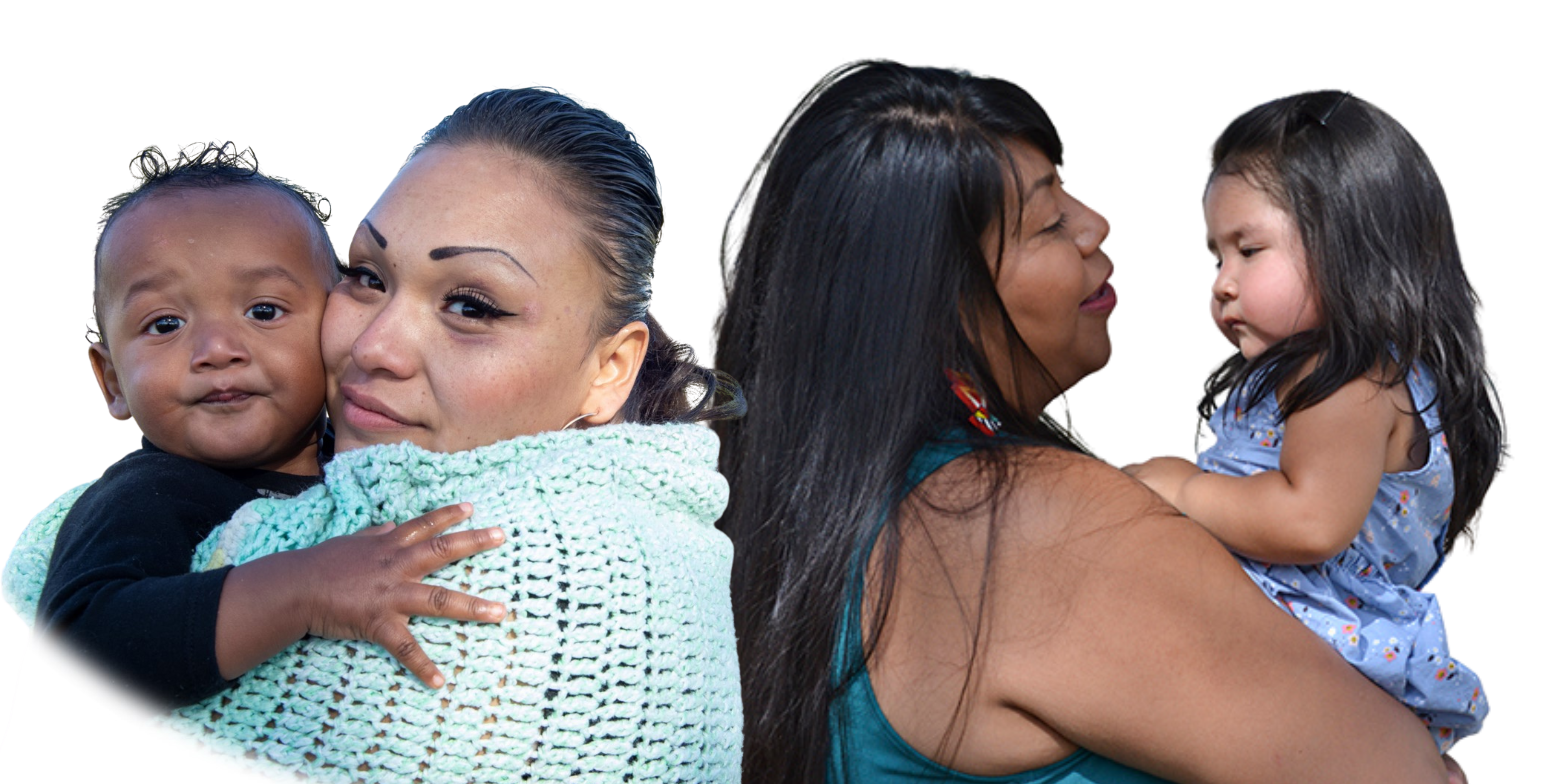Social and Emotional Early Development (SEED) Initiative
Cultivating Healthy Relationships and Programs
Infant and Early Childhood Mental Health (IECMH) Consultation is a free resource that supports children’s social- emotional development from birth through age five.

What is Infant Early Childhood Mental Health (IECMH)?
The New Mexico Early Childhood Education and Care Department (ECECD), has a developed an Infant and Early Childhood Mental Health (IECMHC) focus called the Social and Emotional Early Development (SEED) Initiative, which offers free IECMHC Consultation in early learning environments through pairing mental health professionals with early childhood educators.
By collaborating with the primary people in children’s lives, the SEED Initiative will help ensure that all New Mexico families are thriving.
Early education can be rewarding for both educators and the young students they teach – but it can also be stressful. When children experience family trauma or other personal struggles, it can lead to behaviors that caregivers can find challenging. That’s why it is so important that early childhood professionals, children, and their families have access to supportive mental health professionals that can help navigate these underlying issues.
IECMHC is a collaborative, relationship-focused approach to strengthening the caregiver’s ability to promote and enhance children’s social emotional development. In addition, IECMHC offers the ability for adults in those children’s lives to gain reflective skills and build their confidence in supporting the children in their care. IECMHC consultants develop relationships with adults and caregivers in young children’s lives and help build their capacity and skills to strengthen and support children’s social and emotional development.
Who Qualifies for this service?
Primary caregivers of young children ages 0-5 years old qualify for these services.
“Young children’s development depends on the relationships they have with important adults in their lives – parents AND providers. To ensure healthy adult-child relationships, it is essential to increase the capacity of the grownups in children’s lives. A proven way to do this is through Infant Early Childhood Mental Health Consultation.”
Contact

How does IECMHC work?
Consultants provide services within early child care settings to educators and administrators. During a visit, consultants provide active listening, build relationships, and begin to work collaboratively with caregivers and providers. Consultants avoid the position of expert and rely on the provider’s experience to guide the work.
Consultants’ qualifications:
- Experience working with children birth to 5 years and their families.
- Clinical experience with young children.
- Experience working in a classroom setting and/or consulting with early childhood educators.
- Experience working with historically marginalized and culturally diverse populations
- Consultants have a Master’s degree in mental health, they are licensed or license-eligible and well-trained in their field.
How can caregivers access this service? Is it free?
Interested caregivers are encouraged to complete complete the SEED Referral Form. Services are free to Early Childhood Education (ECE) providers, children, and their families.
How does IECMHC improve outcomes for children, families, and educators?
Click below to learn more about IECMHC outcomes.
Child Outcomes
- Decreased externalizing behaviors
- Decreased numbers of children expelled for behaviors
- Greater gains in socialization, emotional competence, and communication
- Improved social skills and peer relationships
Staff Outcomes
- Improved self-efficacy
- Increased confidence working with children
- Reduction in teacher stress levels
- Increased teaching skills and communication with families
- Increased sensitivity when working with children
- Increased involvement with parents
Program Outcomes
- Reduced staff turnover
- Shared philosophy of mental health
Family Outcomes
- Access to mental health services
- Improved communication with staff
- Improved parenting skills
